EAC PROGRAM
EVALUATION, ASSISTANCE, AND CERTIFICATION PROGRAM
About the EAC
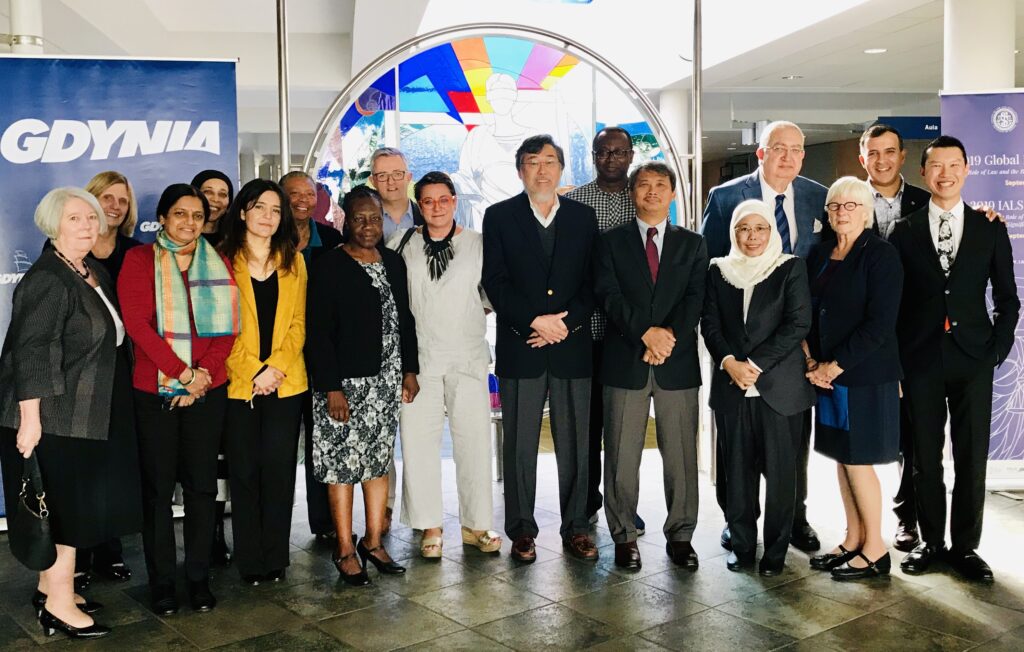
EAC COMMITTEE, GDANSK, POLAND, 2019
Are you interested in Joining the EAC Committee and being part of a Site Team? You can click here to submit your application.
The IALS has launched an international program to evaluate and assist law schools and law programs. This is in response to our members’ many requests over the years that we institute a program of international experts to visit, evaluate and provide advice to member schools. The program is based on the Global Standards and Outcomes of a Legal Education, adopted in the IALS Singapore Declaration, adopted in 2013. The evaluation will be conducted under the guidelines of the Madrid Protocol of 2015 and be informed by the Judicial Standards adopted in 2017.
The program is voluntary and open to any IALS member school that would like to participate. Its purposes are threefold: (1) to evaluate a school’s program of legal education, focusing on the current curriculum, including pedagogies used and its administration, against agreed-upon global standards, to learn from innovations and best practices employed by the member school, and to offer advice on possible improvements; (2) to give the schools information to help them better explain their programs and possible changes to their universities and regulators as viewed against those global standards; and (3) after the establishment of certification criteria, upon achieving these international standards as contextually applied in accordance with the mission of the school, to have the added prestige affiliated with gaining recognition by certification from a global learned society of law schools.
Participating in the program requires a school to complete a Self-Assessment Report. The IALS Evaluation, Assessment, and Certification Committee (E.A.C.C. or Committee) will review that report to ensure it is complete, may ask for additional information, and determine that the school is ready for a site visit. Then, IALS will conduct a site visit, selecting four or so expert faculty from different regions of the world who will visit the school for several days to ask questions, meet with key leaders, visit classes, faculty, and students, and, in general, make certain they have a clear picture of the current operation of the school. That team will then write a report with recommendations to be submitted to the school for consideration. In all cases, the team’s Report and the Committee’s actions will be kept totally confidential by IALS and all site team members, leaving it to the school’s discretion when or whether to release the report or information as it deems fit.
The site team will be composed of volunteers who will not be paid for their time or expertise. At least during the early years, participating schools will be asked only to comfortably house, feed, and provide in-country support for the team. IALS will cover the transportation costs for the team members, and IALS will charge no fees for conducting the evaluation and advising process.
Additionally, The IALS has appointed four Anchor Schools whose representatives will work with the E.A.C. Committee to define best practices in evaluating schools being assessed. Anchor institutions will help to formulate a strategy and operational plan for the E.A.C. Program. They will meet once a year for a presentation on the status of the Evaluation, Assistance, and Certification Program to critique the strategy and execution of the project.
Eventually, the E.A.C. The program will lead to a certification program, but that will only come when we can develop a consensus on the methodology used. It must consider various factors critical to educators but underweighted by accreditors and vastly underweighted by ranking bodies. After developing a robust system and experience in contextualizing our evaluation and advising to ensure that the criteria and processes are appropriate for our diverse membership and to avoid the pitfalls of existing “ranking” and “accreditation” systems which hold all to one inflexible standard, the E.A.C. program will develop a proposal for membership input for certification.
Because this is a new program, and it is most important that it succeeds in offering a high-quality opportunity for our member schools, several steps must be taken before it is formally launched. Thus, we have proceeded in the following way:
In 2017, we announced the program, including information on its scope and the details of how it will operate. A preliminary final draft of a template for a Self-Assessment Report was introduced at the 2017 Global Deans’ meeting.
In 2018 – 2019 the E.A.C. Committee is formed to be responsible for developing a set of criteria based upon our foundational principles (Singapore Declaration, Madrid Protocol, and Judicial Standards). The criteria will be developed from the opinions, concerns, suggestions, and decisions of the Association’s membership, especially at our regional Deans’ workshops. As with our foundational principles, the criteria will be consensually arrived at through our meetings and workshops. We are committed to ensuring that all viewpoints and perspectives are represented and that the E.A.C. process is sensitive to the multiple contexts of our members.
In 2019, we have invited members who are willing and able to serve as evaluators for our pilot program. For this first round of our pilot phase, we have selected 14 evaluators. A workshop will then be held with the evaluators to finalize our preliminary evaluation criteria and to ensure a uniform understanding of what is entailed and how best to evaluate the material submitted, conduct a site visit, and write a report. A pilot project will launch with four schools, one from each region, who will work with the evaluators in a collaborative process to operationalize the program. Interest in participating in this pilot project has been solicited by IALS in 2019. From these initial evaluations, we will fine-tune our evaluative and advising processes. We estimate that it will be at least two years of data collection and experience before we formulate a final proposal for the certification portion of the program.
The EAC Committee
CO CHAIR
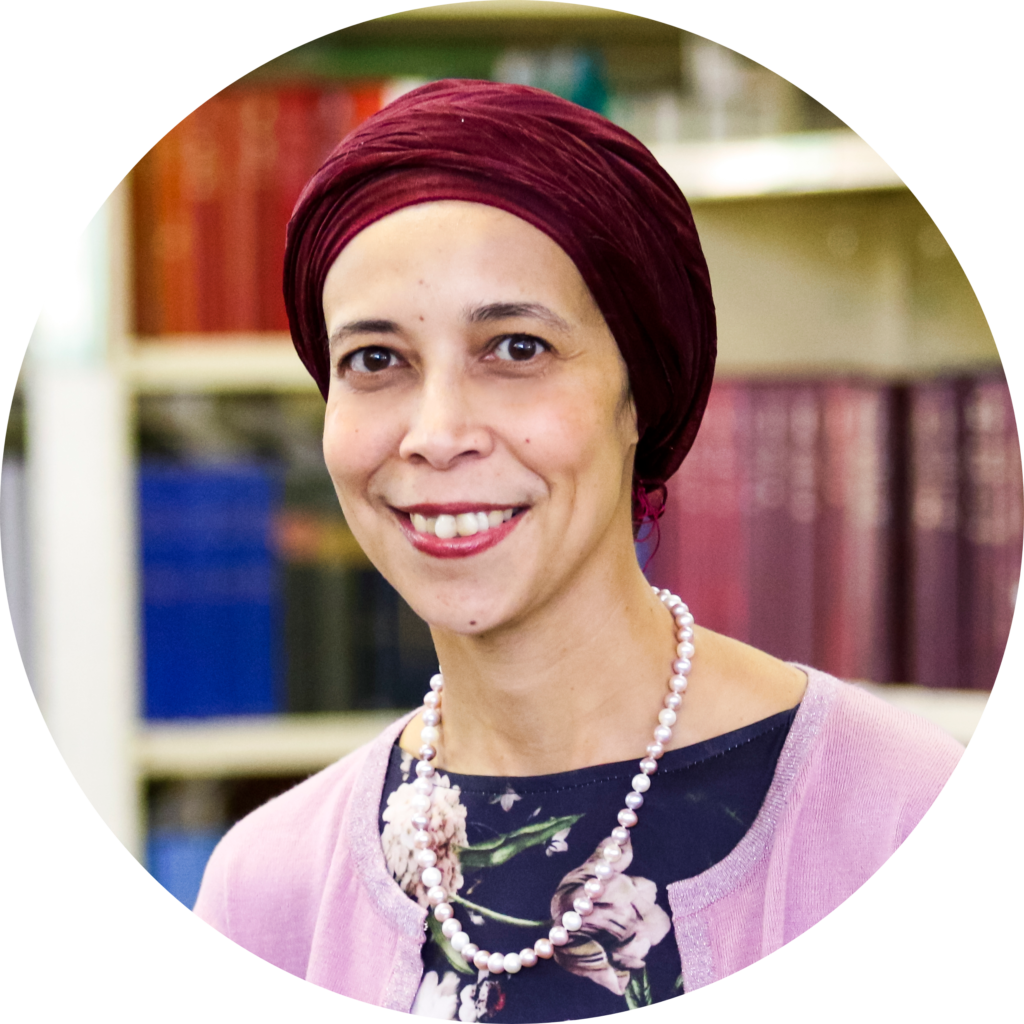
Wesahl Domigo
Dean
UNIVERSITY OF WITWATERSRAND, SCHOOL OF LAW, SOUTH AFRICA
CO CHAIR
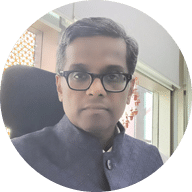
Sreejith S.G.
Executive Dean
JINDAL GLOBAL LAW SCHOOL, INDIA
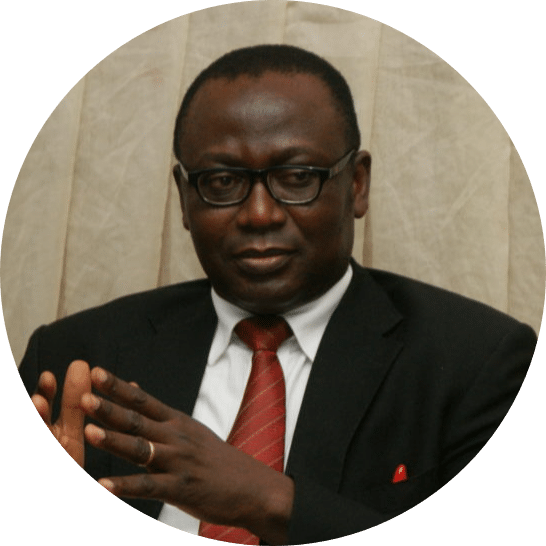
Adedeji Adekunkle
Director-General
NIGERIAN INSTITUTE OF ADVANCED LEGAL STUDIES, NIGERIA
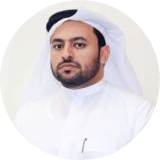
Mohammaed Al-Khulaifi
Dean
QATAR UNIVERSITY, COLLEGE OF LAW, QATAR

Nerina Boschiero
Dean
UNIVERSITY OF MILAN, FACULTY OF LAW, ITALY
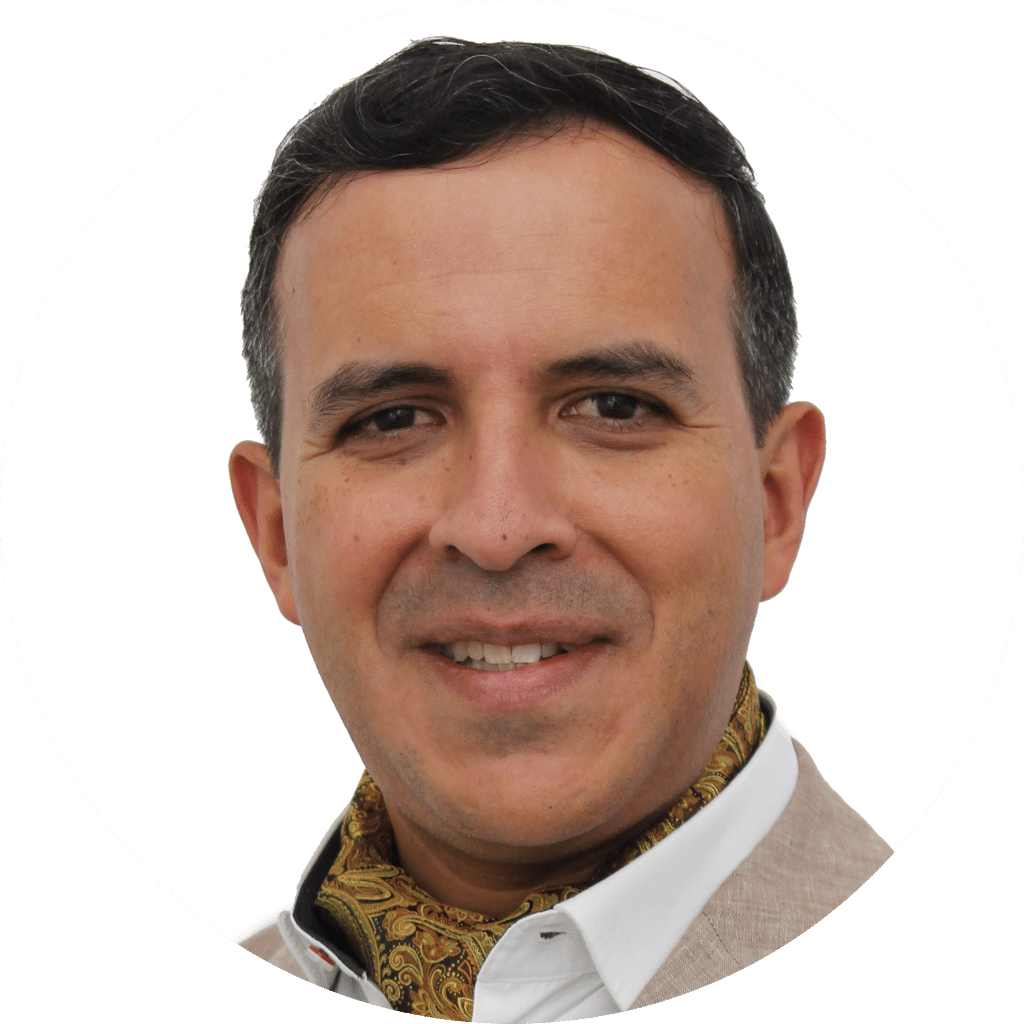
Luis Franceschi
Dean Emeritus
STRATHMORE UNIVERSITY LAW SCHOOL, KENYA
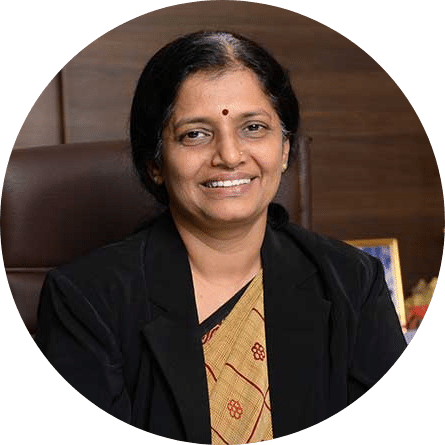
Shashikala Gurpur
Dean
SYMBIOSIS LAW SCHOOL, PUNE, INDIA
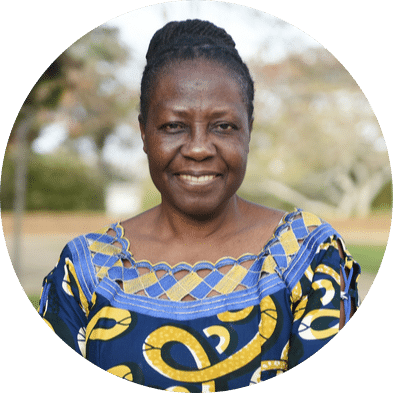
Chuma Himonga
Dean
UNIVERSITY OF ZAMBIA, SCHOOL OF LAW, ZAMBIA

Barbara Holden-Smith
Vice Dean Emeritus
CORNELL UNIVERSITY LAW SCHOOL, US
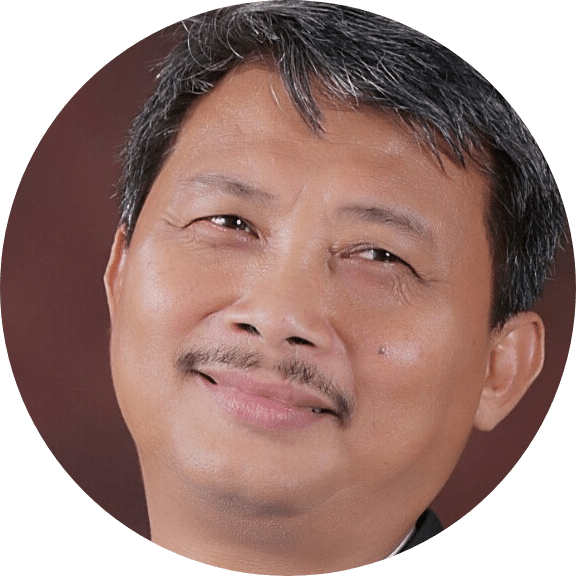
Sigit Riyanto
Dean
GADJAH MADA UNIVERISTY, FACULTY OF LAW, INDONESIA

David Tan
Vice Dean
NATIONAL UNIVERSITY OF SINGAPORE, FACULTY OF LAW, SINGAPORE

Francis SL Wang
Professor
SOOCHOW UNIVERSITY, KENNETH WANG SCHOOL OF LAW, CHINA
In Honor of Mary Kay Kane
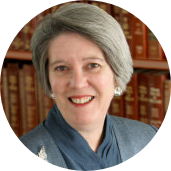
Former Chair of the EAC Program
Chancellor & Dean Emeritus
UC HASTINGS, COLLEGE OF LAW, US
VIRTUAL LEGAL EDUCATION
We have established a subcommittee of the E.A.C program to study and report on the issues raised by this fundamental shift in educational modality. The subcommittee is tasked to develop evaluation criteria for online education, as well as strategies for the Association to help its membership by sharing lessons learned among its membership as we all have had to confront this challenge.
VIRTUAL LEGAL EDUCATION SUB-COMMITTEE
CO-CHAIR

Mohamed Al-Khulaifi
Dean
QATAR UNIVERSITY, COLLEGE OF LAW, QATAR
CO-CHAIR
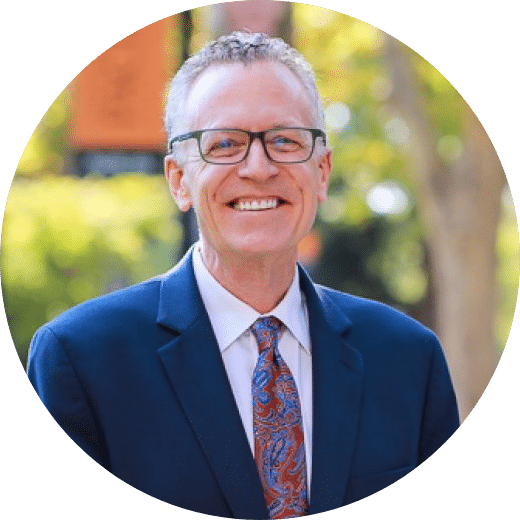
Michael Hunter Schwartz
Dean
UNIVERSITY OF THE PACFICI, McGEORGE SCHOOL OF LAW, US

Mohamed Al-Khulaifi
Dean
QATAR UNIVERSITY, COLLEGE OF LAW, QATAR
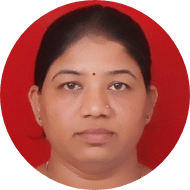
Dr. Mamata Biswal
Professor
GUJARAT NATIONAL LAW UNIVERSITY, INDIA
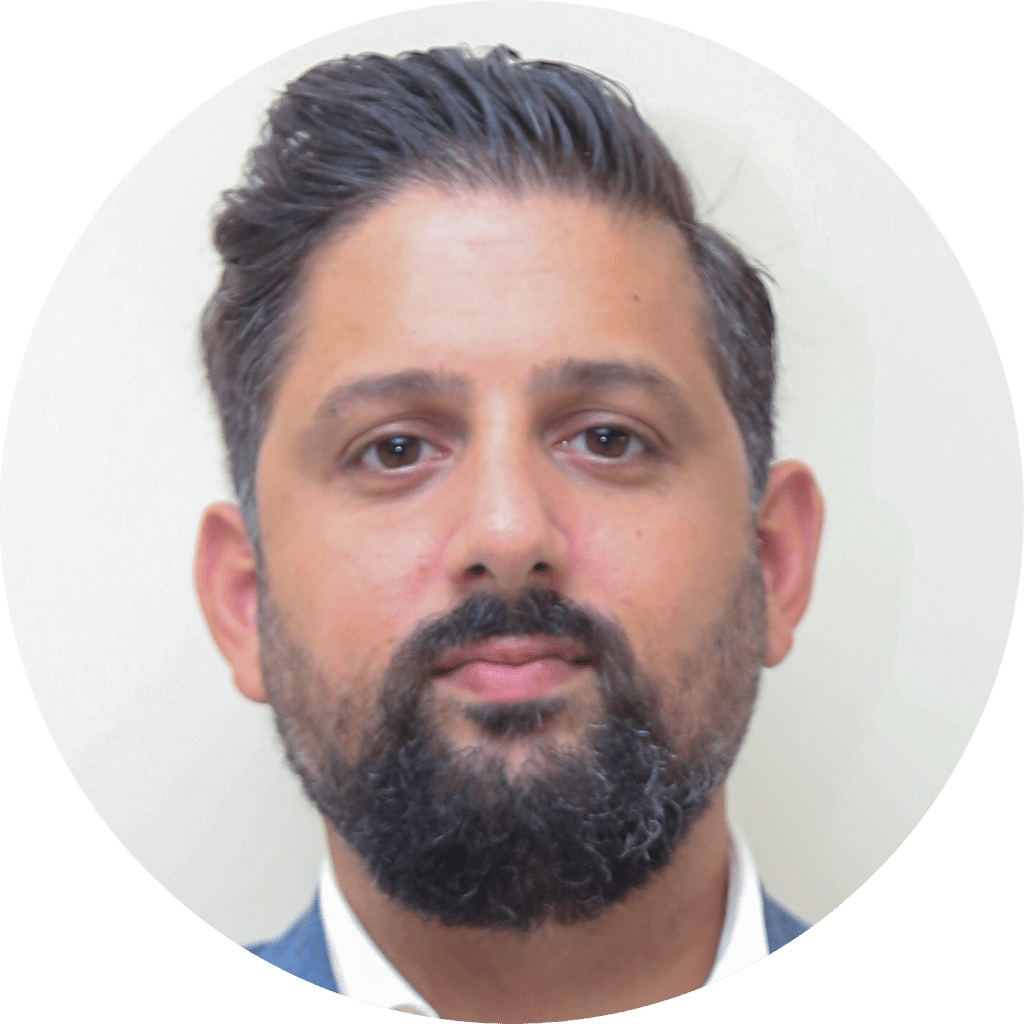
Dr. Andrew Dahdal
Professor
QATAR UNIVERSITY, COLLEGE OF LAW, QATAR
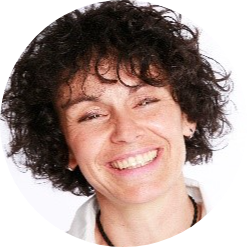
Francesca Fiecconi
Justice
SUPREME COURT OF ITALY, ITALY
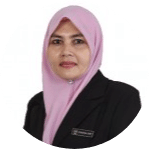
Dr. Zuhairah Ariff Abd Ghadas
Professor
SULTAN ZAINAL ABIDIN UNIVERSITY, FACULTY OF LAW, MALAYSIA
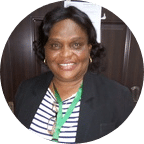
Dr. Florence Masajuwa
Dean
EDO IYAMHO UNIVERSITY, FACULTY OF LAW, NIGERIA

Dr. Sigit Riyanto
Dean
GADJAH MADA UNIVERSIY, LAW SCHOOL, INDONESIA
